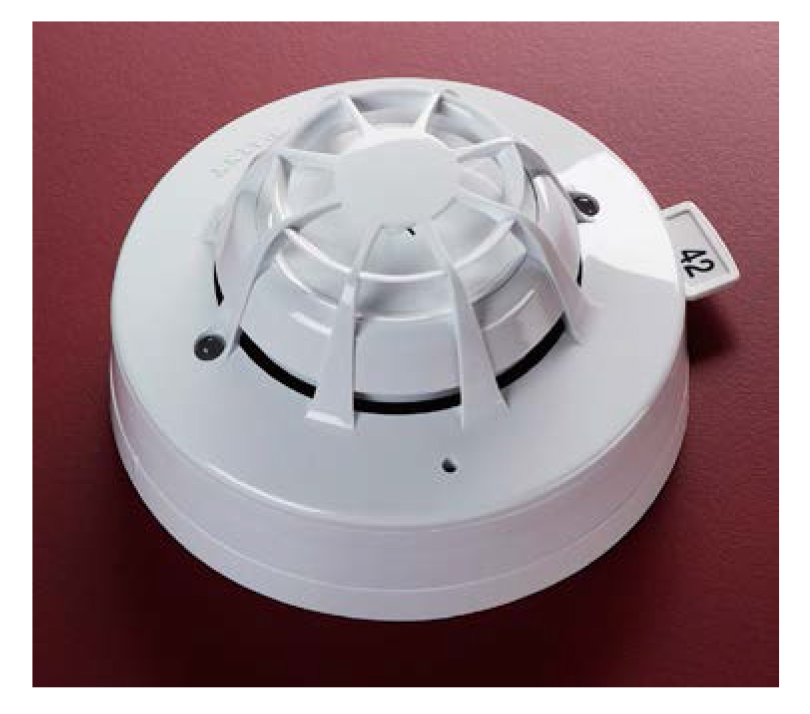-
-
-
Tổng tiền thanh toán:
-
Standard Features
Compatible with Elite and Elite RS control panels
5 operating modes
Combines photo, smoke, and thermal sensor value for enhanced detection performance and false alarm reduction
Address is set by X-Pert addressing and is stored in the sensor base
Rate of rise heat signals
Drift compensation
Polarity insensitive
Fits 4”, 6”, or 6” low profile bases
6” audible base
4” relay base
Note:
Bases and cards are not included with Sensors, please order separately.
Overview
The VF5603 Discovery Multisensor Sensor contains a photo smoke sensor and a thermistor temperature sensor whose outputs are combined to give the final analog value. The
way in which the signals from the two sensor
are combined depends on the response mode selected. The five modes provide response behavior which incorporated pure heat detection, pure smoke detection, and a combination of both. The multisensor is therefore useful over the widest range of applications. The outer smoke chamber has inlet apertures fitted with insect resistant mesh.
The Multisensor construction is similar to that
of the Photo Sensor but uses a different lid and optical moldings to accommodate the thermistor temperature sensor. The sectional view shows the arrangement of the optical chamber and the thermistor.
Operation
The signals form the optical smoke sensing element and the temperature sensor are independent, and represent the smoke level and the air temperature respectively in the vicinity
of the detector. The Sensor’s micro-controller processes the two signals according to the mode selected. When the sensor is operating
as a multisensor (i.e. Modes 1, 3, and 4) the temperature signal processing extracts only rate-of-rise information for combination with the optical signal.
In these modes the Sensors will not respond
to a slow temperature increase- even if the temperature reaches a high level. A large sudden change in temperature can, however, cause an alarm without the presence of smoke, if sustained for 20 seconds. The process algorithms in modes 1 to 4 incorporate drift compensation.
